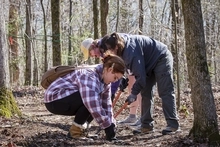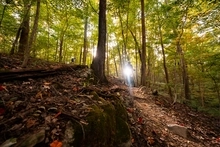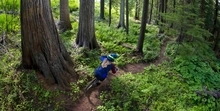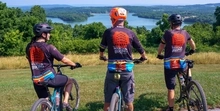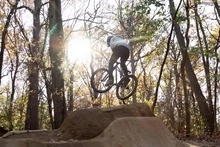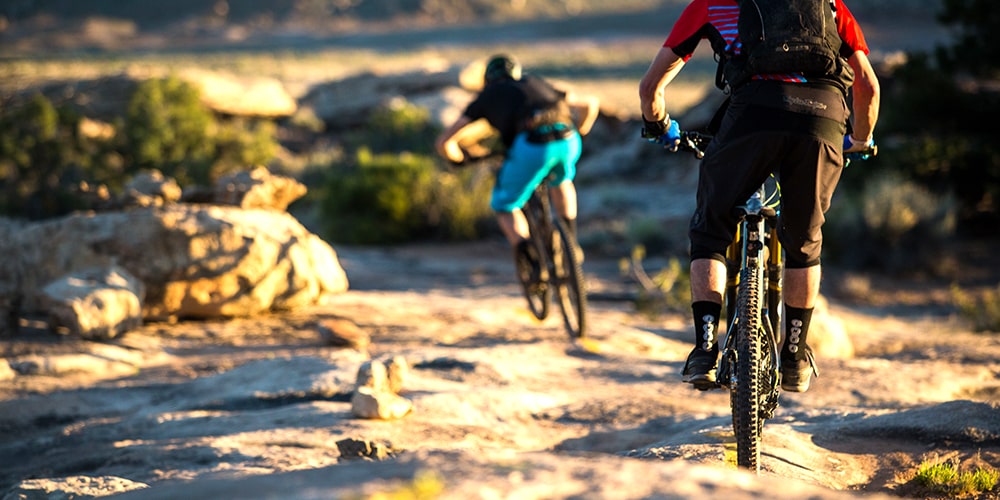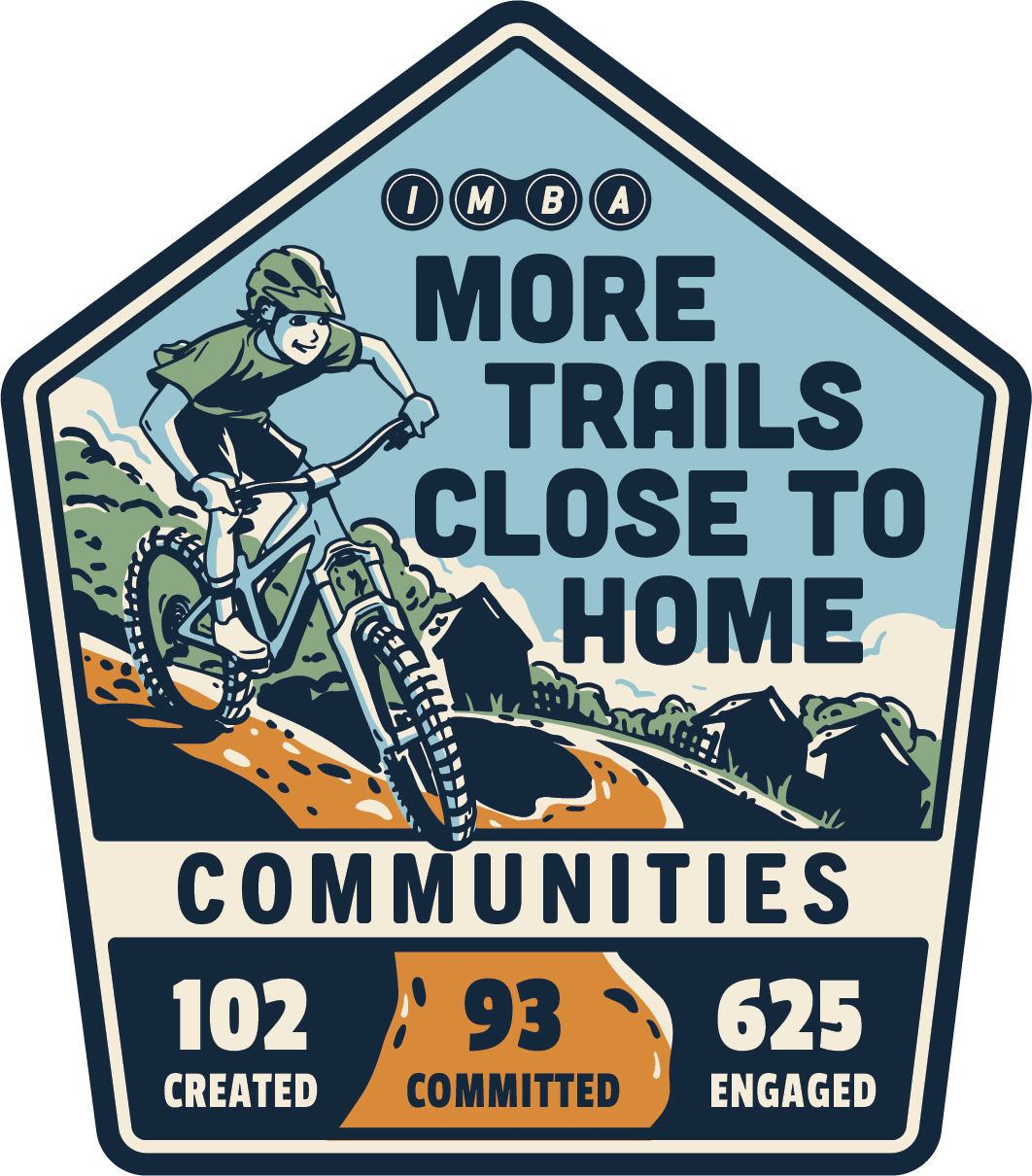Green Trails, Greenways, and an Ecosystem of Trails
The Inflation Reduction Act (IRA) passed both the House and Senate and has been signed into law by President Biden. While the law covers a wide range of issues including climate, healthcare, and energy development, it also creates opportunities to enhance and protect outdoor recreation on public lands.
The IRA makes investments in public lands through funding for land conservation and resilience, increased staffing for federal lands, and more efficient public engagement processes. Here is what the new law could mean for mountain biking and outdoor recreation.
Investments in forest projects that will combat wildfires, floods, and heat waves means greater protection for the places we love to ride.
The IRA allocates $5 billion to protect communities from wildfires and supports the workforce through climate-smart forestry. Investments will be made in forest health projects on public and private lands. These projects will equip firefighters and rural communities to be more resilient to wildfire, utilize climate-smart forestry to boost climate sequestration, and plant trees in urban communities.
Mitigating natural disasters such as wildfires and floods means trails stay open longer and require less repair and maintenance.
Increased and improved parks means more places to ride.
The IRA makes investments in urban parks through competitive grants aimed at acquiring land, developing recreation facilities, and enhancing access to parks and outdoor recreation in urban areas.
Great mountain biking doesn’t just happen on backcountry trails. Some of the most impactful riding experiences happen close to home. Urban and neighborhood parks can be settings for trails and pump tracks, making mountain biking accessible to a portion of the population who may not otherwise be able to get to trails. More people riding means more potential trail stewards and mountain bike advocates.
A robust workforce allows public recreational areas to run comfortably and allows greater engagement with the community.
Visitation to federal lands has increased over the past decade, however, parks lack the workforces to run efficiently. Understaffed parks can lead to poorly maintained trails and a less than desirable experience for visitors. When park staff are overworked, they are less likely to engage with the community, and organizations have fewer opportunities to build and maintain trails on public lands.
The IRA allocates resources for the hiring of employees in units of the National Park System, Bureau of Land Management, and other Department of Interior agencies. Investing in a robust workforce will allow federal lands to operate efficiently and increase public engagement and participation.
More efficient and more effective environmental reviews by land management agencies means trails get on the ground faster.
The National Environmental Protection Act (NEPA) requires reviews of potential environmental impacts of trails. It also provides for meaningful public participation and stakeholder engagement, a crucial part of trail planning and development, which allows the mountain biking community to weigh in on projects. However, the process often takes a long time and slows down trail construction.
Under the IRA, $100 million will be made available for more efficient and more effective environmental reviews by the Forest Service.
An additional $150 million is available to the Department of Interior to facilitate timely and efficient environmental reviews and authorizations by the National Park Service, Bureau of Land Management, the Bureau of Reclamation, and other Department of Interior agencies.
More efficient review processes means trails on public lands get on the ground faster. It could also mean time and money saved for trail organizations.


